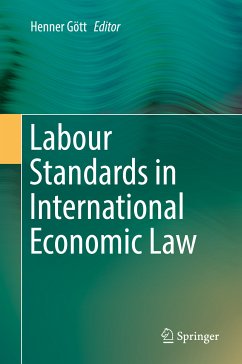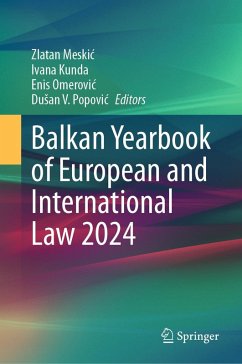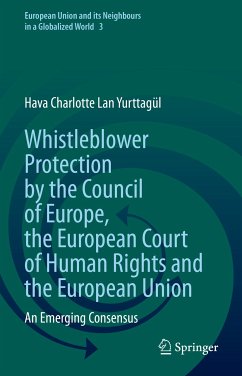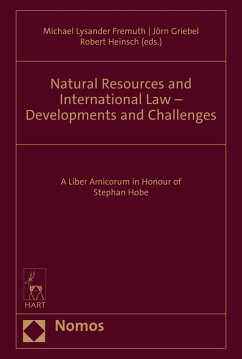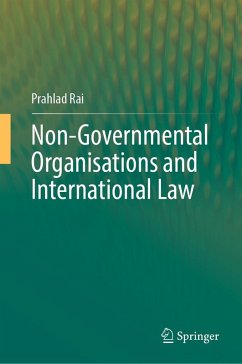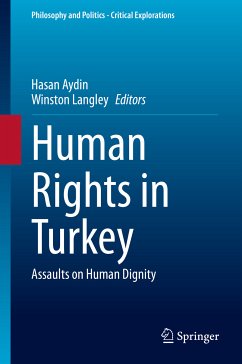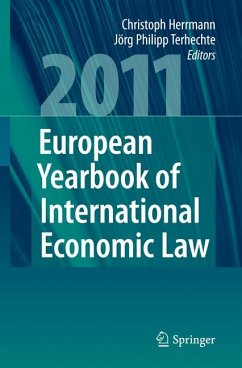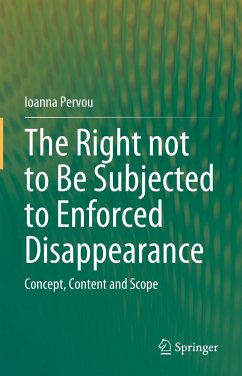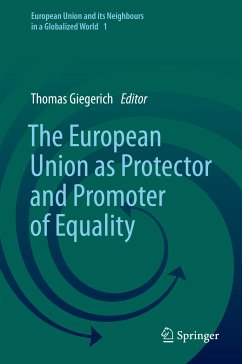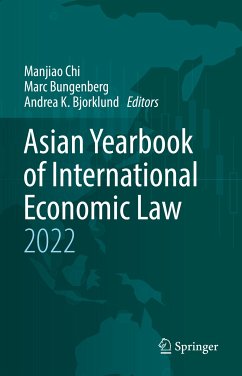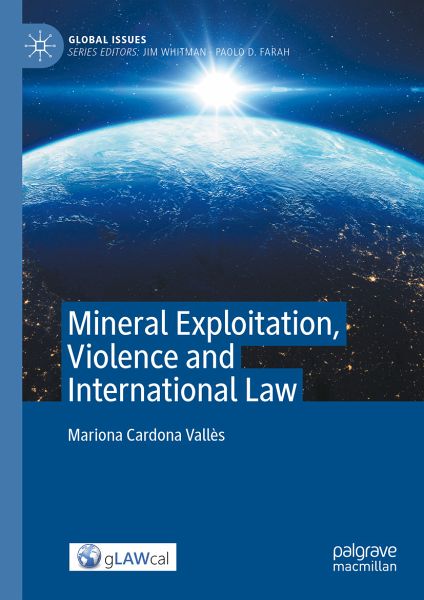
Mineral Exploitation, Violence and International Law (eBook, PDF)
Versandkostenfrei!
Sofort per Download lieferbar
128,95 €
inkl. MwSt.
Weitere Ausgaben:

PAYBACK Punkte
64 °P sammeln!
This book explores the challenges that international law faces in curtailing human rights violations arising from mineral exploitation. Beginning with the specific dynamics between mineral exploitation and human rights abuses, the analysis progressively uncovers the layers of regulatory challenges, focusing on the complexities of how economic regimes intersect with, and often undermine, human rights protections. This perspective shows how the fragmentation of international law is not only affecting the capability to protect global interests but also threatening the systemic operation of intern...
This book explores the challenges that international law faces in curtailing human rights violations arising from mineral exploitation. Beginning with the specific dynamics between mineral exploitation and human rights abuses, the analysis progressively uncovers the layers of regulatory challenges, focusing on the complexities of how economic regimes intersect with, and often undermine, human rights protections. This perspective shows how the fragmentation of international law is not only affecting the capability to protect global interests but also threatening the systemic operation of international law. In this regard, this work presents three expressions of how the fragmentation of international law impacts the response to violence in mineral exploitation. First, fragmentation influences legal operators' classification and objective setting for situations; second, it shapes the selection of response tools, limited by these objectives; and third, it creates conflicts in applying international obligations pertaining to distant special regimes, where the interpretations rendered by decisionmakers are inherently biased towards the interests of the special regime to which they pertain.
Dieser Download kann aus rechtlichen Gründen nur mit Rechnungsadresse in A, B, BG, CY, CZ, D, DK, EW, E, FIN, F, GR, HR, H, IRL, I, LT, L, LR, M, NL, PL, P, R, S, SLO, SK ausgeliefert werden.



